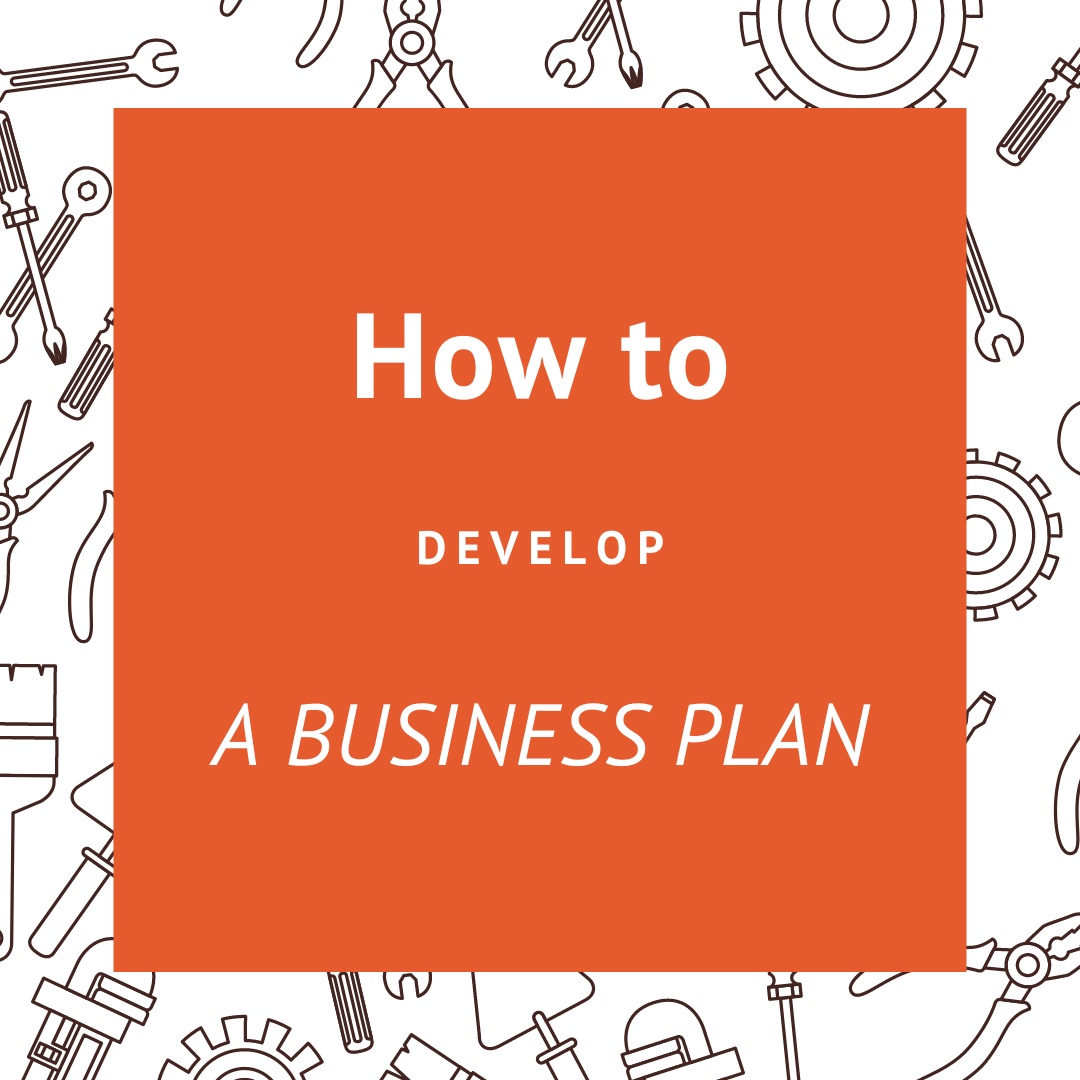Do you want to master this art, but don't know where to start? We have created a list of tips for you to prepare an effective business plan and become a master in the field!
Which business plan model to follow?
Here are 10 key elements that will help you write a solid and effective business plan.
1. Do your research
You want to convince your potential investors or collaborators of your ability to organize yourself while making them believe in your vision and ambition.
For that, you need to be clear. You have an idea and you need to master the stages of its construction and realization. What are your goals ? How do you plan to reach them? The ambition of the project must be linked to its feasibility
These notions anchored during the preparation of your business plan, you can choose your plan of attack.
Making informed decisions about the strategy you are targeting will guide the development of your business.
3. Describe your project.
Start by presenting your project. Talk about the product or service you offer, its strengths, its originality.
The core of your project should come out in this description.
Introduce your marketing argument, sales and your identity in the market.
Your listener should be interested and informed about what you are presenting to them.
Different websites exist to facilitate the writing of a business plan. Here are some useful links to help you write:
Desjardins offers an interactive business plan programFuturpreneur Canada and its business plan writer
The CBDC Canada Platform
The BAnQ also offers a more traditional model
4. Target the market.
Defining your target market is essential to preparing a solid business plan.
The second step will therefore consist of presenting the market study that you have previously carried out. You must know and present the needs and realities of the market you wish to conquer.
Make sure to present your added value and competitiveness to the target market. Indicate all your research on potential customers, target locations and distribution methods. All the details count to prepare your conquest!
5. Organization and management
How will your company be managed and structured?
Who will be running the business?
You need to identify the organization and structure of your business on the following points:
Management
Partnership with a group or another company (if applicable)
Collaborators, profiles and functions
Legal structure
Organizational charter
This step is essential and justifies a large part of your financial plan.
In this part of the business plan, you build the skeleton of your business and define its main orientations. You can then focus on the concrete aspects that will dress your structure, material needs and human resources.
6. Material needs
Identify the material needs of your future business. They are an integral part of your structure. These needs have varying costs and must be considered in your funding requests. The following needs must therefore be studied:
Offices (real estate and furniture)
Facilities
Computers (including connections, software? …)
Minor needs (printers, office supplies, etc.)
7. Human resources
What are your company's needs in terms of human resources?
Establish your recruiting goals and identify the skills you need to run your business. Interested in human resource management models?
Consult advice for leading a work team, draw inspiration from pre-established human resources management tools,
or simply create your own template.
8. Let's talk numbers
This part is arguably the most complex and important part of your business plan.
Remember to adapt it to the reader you are addressing, according to your request.
If you are applying for a loan, your lender will want to be sure of your ability to repay. You must therefore prove to him, in figures, that you are reliable and that your business will achieve the expected turnover.
In this plan, indicate the following points:
Your assets
Your funding sources
Your financial needs
Your strategic plan
Your financial forecasts
Each of these points must be justified, supported by figures and statistics. The clarity of your financial plan must convince your investors and potential collaborators.Also demonstrate the solidity of your project, basing your data on reliable sources and tangible facts. You can use financial plan templates to help you.
9. Who are your competitors?
Another company exists in the area you are targeting?
It is important to define who your competitors are and what will set you apart from them. Present where you will stand in relation to these competitors. You can describe your strategy for ensuring the competitiveness and build on the strength of your product or service in this section. Present your key selling point.
10. Identify obstacles
Developing a business plan also means knowing the obstacles to the realization of your business.
As in a game of chess, you have to have moves in advance. Aware of the difficulties, you are better equipped to launch your business.
Without expanding on these difficulties, you show your ability to anticipate and adapt. Focus on the solutions you offer.
These qualities will be invaluable in the management of your future business.
Ready to write your business plan?
As you can see, creating a business plan requires thought and strategy.
But the most important thing is to stay passionate !
It is therefore important that you keep your central objective in mind, why is it important to you?
This is what will add value to your business plan.
Do not hesitate to get help to write your business plan, and to draw inspiration from existing models. Be precise, but also original, a little creativity and humor will only enhance it !
Do you want to surround yourself with entrepreneurs as passionate as you?
Experience coworking to discuss your projects and business ideas.
Write to info@montrealcowork.com to have access to your trial day.

